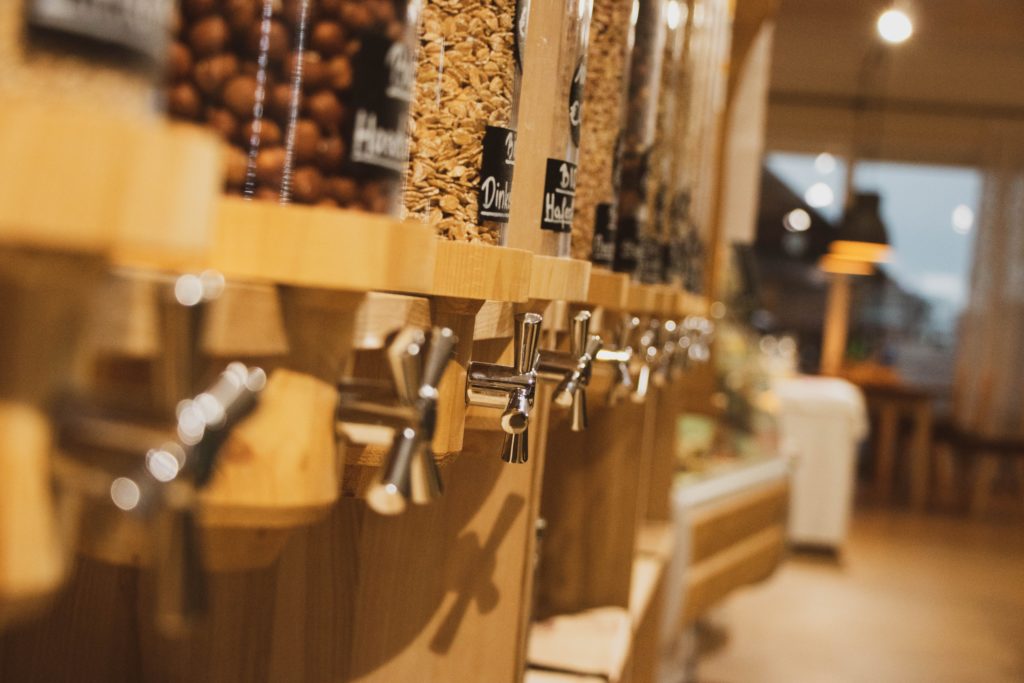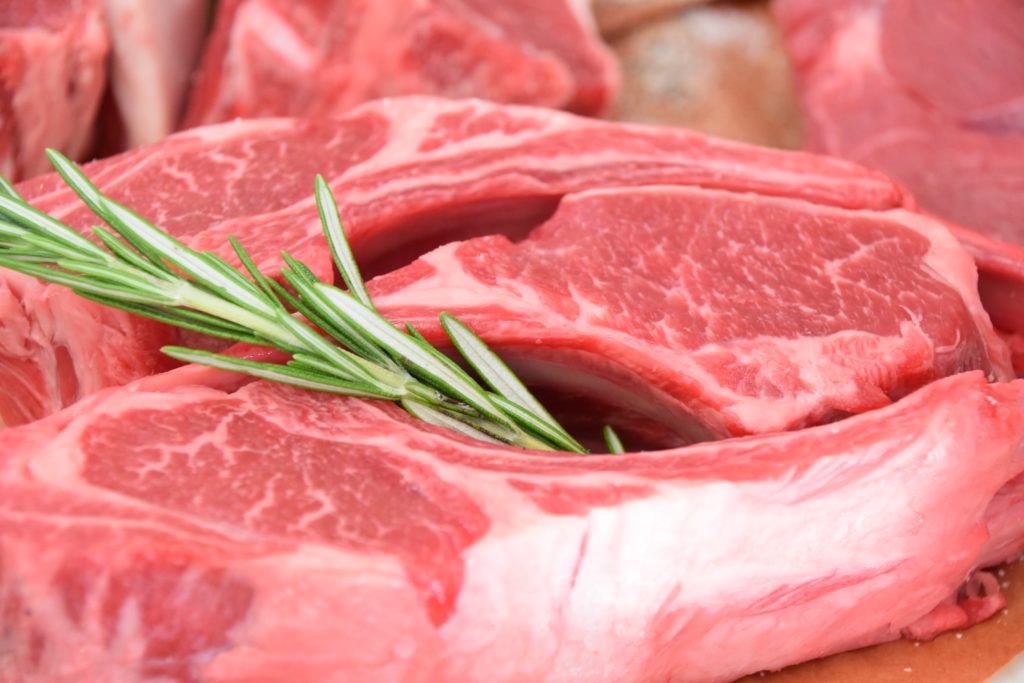3 Mins Read
Oda, one of Norway’s leading online grocers, has reported a drop in the number of orders for red meat. It comes as part of a wider acknowledgment that carbon-heavy product sales have fallen in general. The trend is thought to be connected to a 2021 initiative of printing the carbon footprint of orders on customer receipts.
Alongside other less sustainable items, red meat has been flagged as a stunted sales group. Oda has worked with Cicero, a Norwegian climate research centre, to categorise all products in its catalogue. Items are considered as high, medium or low emission-generators. Customers have been informed of their personal impacts, in line with shopping trends, since January 2021.

Delivering a message
Oda has been unapologetic in its attempts to help customers avoid unsustainable purchases. The grocer has negated multi-buy offers on environmentally damaging products and makes deliveries in reusable containers. Such initiatives have been put in place after the company realised that the burden of education lay firmly at its own feet.
“Our customers told us that they find it close to impossible to know what is climate-friendly,” Louise Fuchs, sustainability director at Oda said in a statement. “We thought it was an important challenge to solve so we started looking for easy ways to communicate emissions. We do not want to point fingers and tell our customers what to buy and what to avoid – climate receipts arrived because of what our customers asked for.”
Customer feedback has, reportedly, been positive and a surge in plant-based groceries has been identified. “One in every five burgers sold is now vegetarian and the popularity of vegetarian meals generally has grown. Lentil soup was one of our top ten sold recipes last year – the previous years it was nowhere near the top ten,” Fuchs confirmed.
Oda has revealed that its customers buy more than 50 percent more fresh produce than average Norwegian consumers. Meat alternatives have seen an 80 percent increase in popularity. Both revelations have come about since the launch of its climate receipt initiative. Now, other companies are looking to create similar transparency.
“We were the first in Norway to create the climate receipt and a year after we have seen examples of other grocers following the trend,” Fuchs said. “This is great news for the consumers and we hope more will follow.”

Red meat on a downward trend
Recent data revealed that an updated EU report has made a link between red meat consumption and increased cancer risk. The food promotion policy has been amended to highlight evidence that the foodstuff has a negative impact on personal health, resulting in a heightened likelihood of cancer. In conjunction with the EU’s ‘Beat Cancer’ campaign, it has been suggested that consumers move away from red meat consumption in favour of plant-based alternatives. As a result of findings, food promotion budgets will be allocated to campaigns that seek to promote healthy, fresh foods with preference being given to plant-based innovations.
The news has angered livestock farmers, in particular, the Irish Cattle and Sheep farmers’ Association. The group argued that processed foods of any kind, including plant-based, are more likely to impact health negatively than unprocessed fresh meat, including red varieties
The EU’s findings are not the first scientific link between cancer and red meat. Last year it was announced that processed and unprocessed red meat consumption inflated the risk of colorectal cancer. The findings were published in the Cancer Discovery journal.
All images courtesy of Unsplash.





